Tag: Down syndrome
-
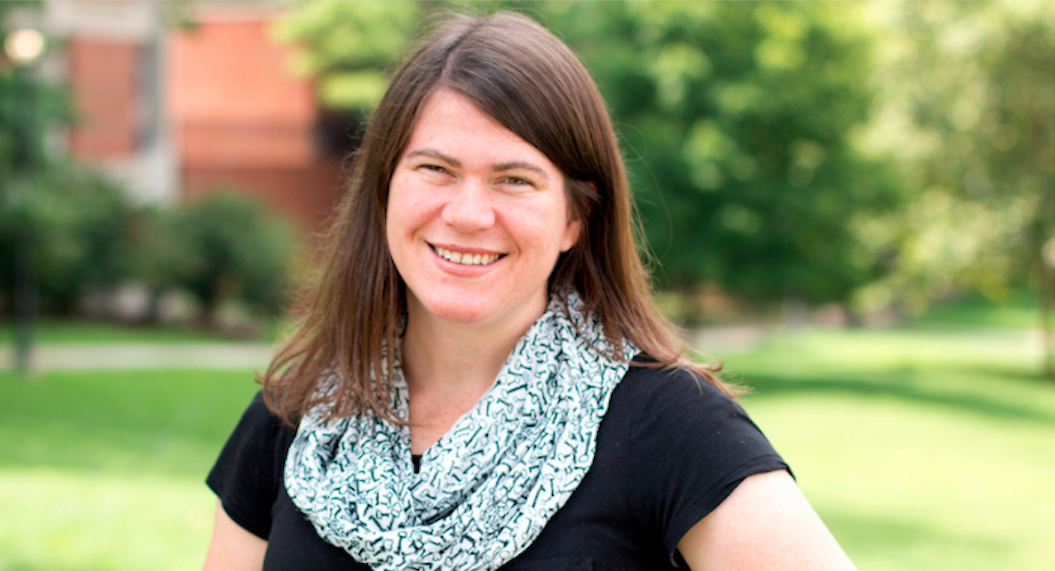
Medical outreach in action!
Stephanie Meredith is going to be busy soon. Meredith, HDI’s Medical Outreach Director, has been invited to be a part of several medical conferences in the US and Canada starting […]
-
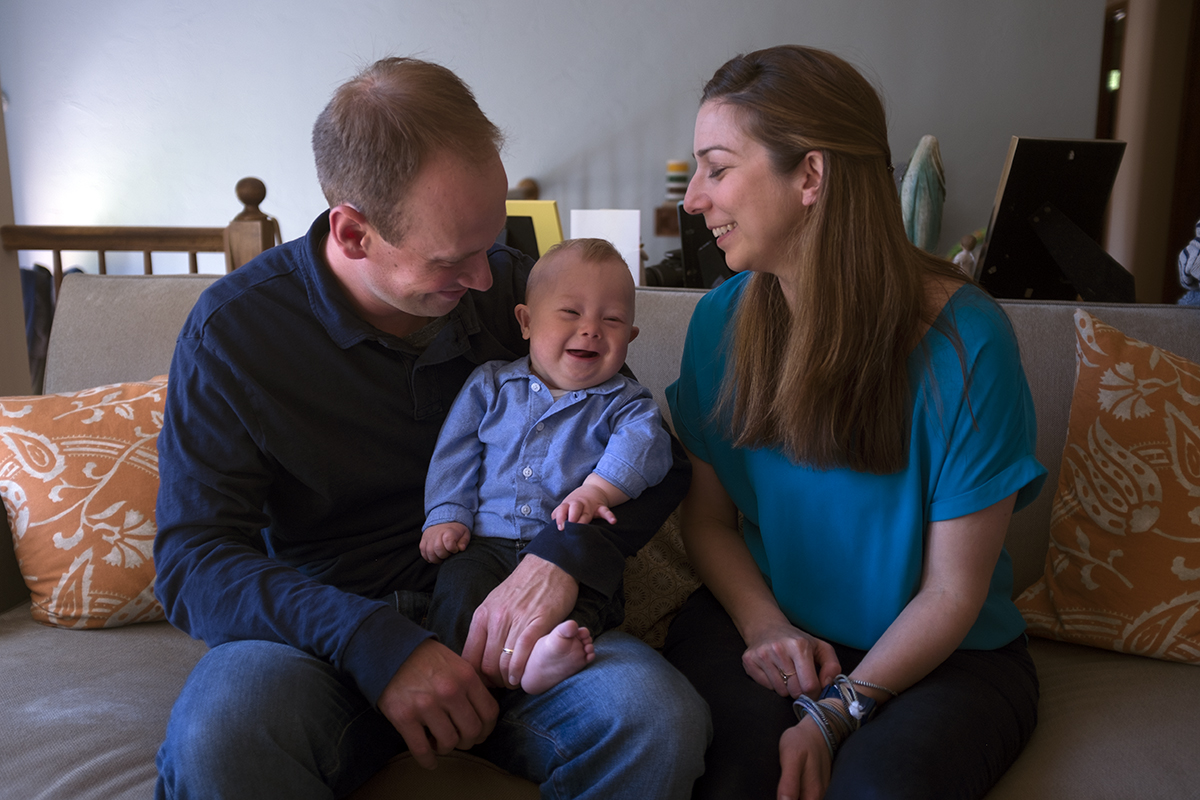
UK Human Development Institute Resources Formally Recommended by American Academy of Pediatrics for Families of Infants with Down Syndrome
In a clinical report released on April 18, The American Academy of Pediatrics recommended resources administered by the University of Kentucky Human Development Institute to pediatricians across the nation. These […]
-
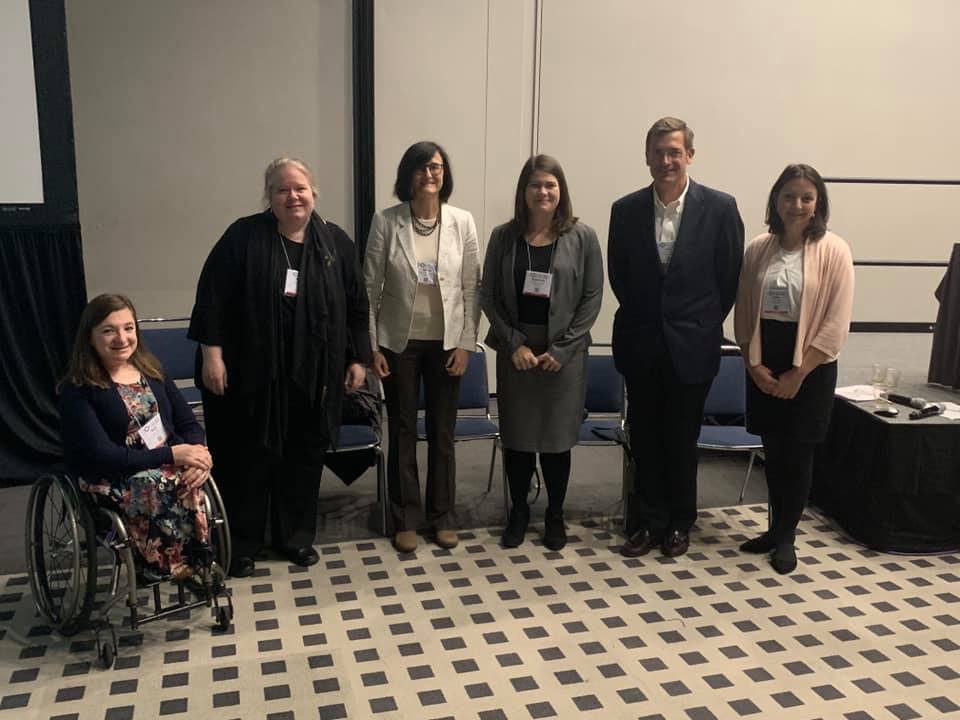
The Intersection of Genetics and the Disability Rights Movement
HDI’s Medical Outreach Director, Stephanie Meredith, and colleagues, Dr. Kara Ayers Associate Director of the University of Cincinnati UCEDD; Dr. John Constantino, Director of the Washington University in St. Louis […]
-
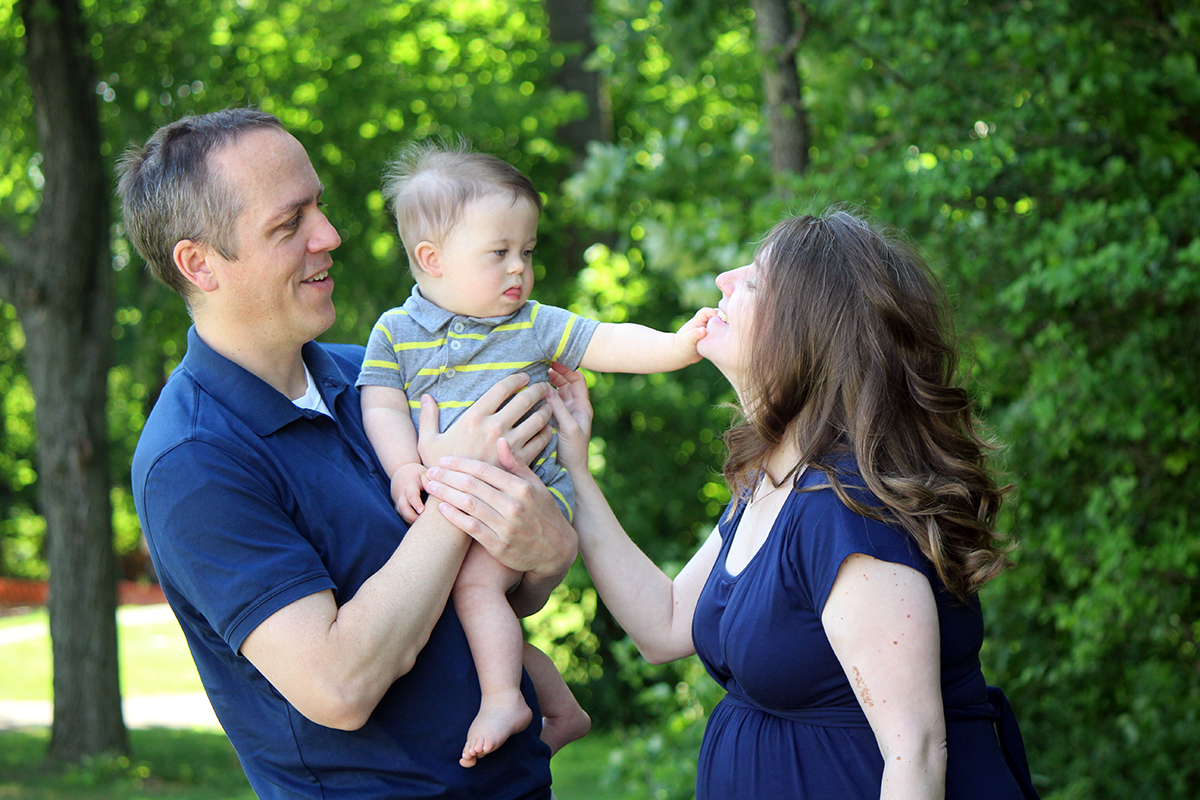
Fall Research Brief 2019
Adherence of cell-free DNA noninvasive prenatal screens to ACMG recommendations in providing patient education resources Research Brief by Stephanie Meredith & Mark Leach Cell-free DNA prenatal screens (also known as […]
-
Updated “Understanding a Down Syndrome Diagnosis” book Available Now
The nationally recommended book for new and expectant parents learning about Down syndrome, Understanding a Down Syndrome Diagnosis, from the Lettercase National Center for Prenatal and Postnatal Resources at the University […]
-
HDI Shares Importance of Giving Updated Information With Genetic Diagnoses
When parents first hear the news that their child has a genetic condition, they want support and accurate and up-to-date information right away. They fundamentally want to know what life […]
-
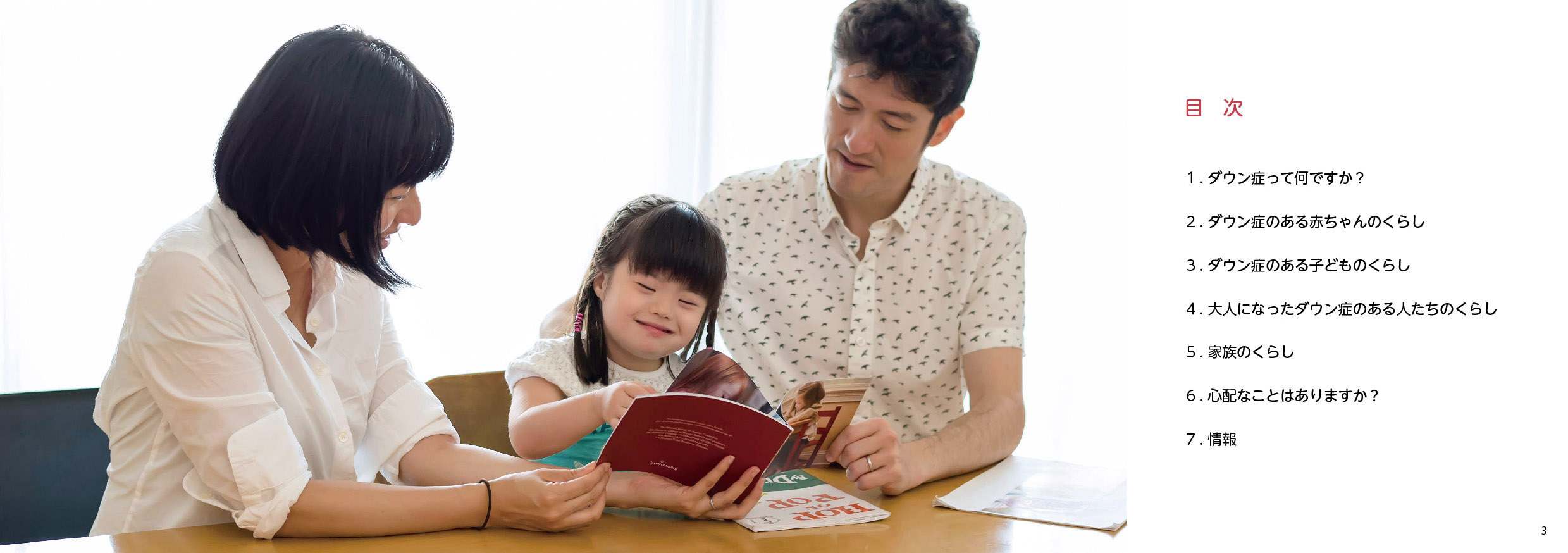
HDI’s National Center for Prenatal and Postnatal Resources Presenting at Seminar in Japan
On June 3-4, 2016, Stephanie Meredith, Medical Outreach Director of the Human Development Institute’s (HDI) Lettercase Program/National Center for Prenatal and Postnatal Resources at the University of Kentucky, will be […]